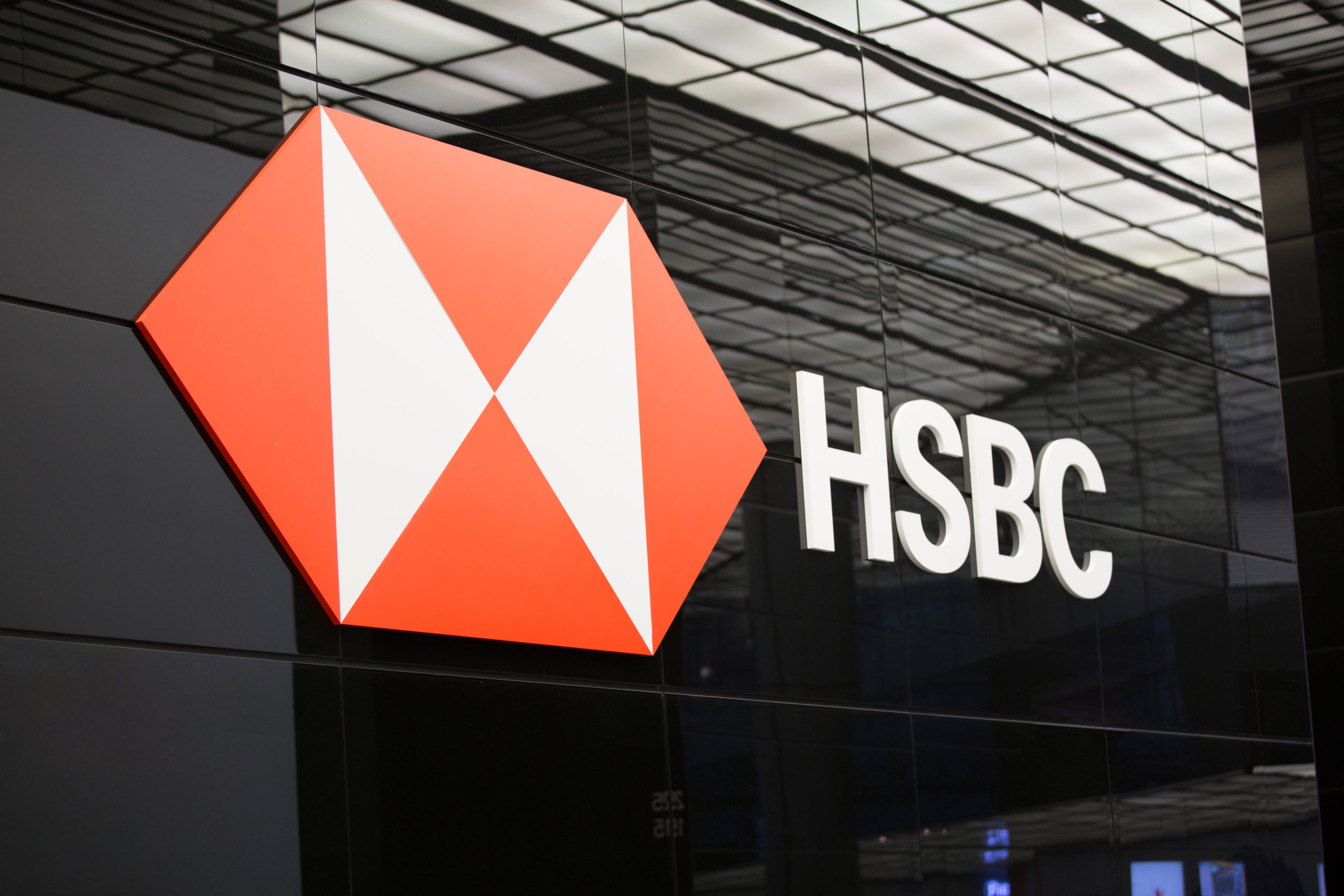INNOVATION: Will JetBlue Swoop In on Banking?
JetBlue started a “bank” today.
No, not a real bank, but a Travel Bank. The Travel Bank is designed to house the credits due to members of its frequent flier program, known as the True Blue program. (Yes, I’m a member.)
JetBlue insists the Travel Bank is not a real bank. It doesn’t accept deposits, nor does it extend credit. But it comes with an account number (16 digits long, which is extremely bank-like to me) and does store financial value for account holders. What strikes me about the program is that it can very easily become a “real” bank. I don’t see much of a stretch for JetBlue to secure wholesale funding for a BillMeLater type of service on its planes. JetBlue already does not accept cash for goods it sells in the skies. Why not add credit services to the Travel Bank?
(Note that JetBlue already offers a private-label credit card through American Express.)

And I think this points to a more profound trend to come: the ubiquitousness of banking services. You may recall a few years ago how Wal-Mart Inc. went to the mat with the banking industry over the creation of an indigenous payments system. Rightly, Wal-Mart figured it could make its own credit card processing system, rather than use the existing payment processors — and still save money. An industrial loan charter application was filed and all lobbying hell broke loose. In my view, that was the first watershed in the evolution of banking ubiquitousness.
The Travel Bank just might be another page in this book. It is difficult to avoid seeing banking opportunities in any number of retail endeavors. Certainly, department stores have long ago realized that private-label credit cards make for good business. Clearly, the data-fication of retailing makes even more banking services possible. Is the gift card you bought over the holidays for your nephew much different than a bank deposit? I didn’t think so. It’s all “banking” in the end.
TODAY’S CORRESPONDENCE FROM JETBLUE













Quite right, JJ. Green Dot cards and prepaid Visa Cards are “deposit accounts” in my view. The most profitable kind that retail bansk covet in that they pay no interest, but rather charge fees. I have family who work at Walmart and they no longer issue paper paychecks. You can elect to have your paycheck direct deposited into you own account or they will issue one oftheir own Green Dot cards that the pay will be put into. They waive the fees for employees associated with using the card. For non-employees, the fees are not chump change with soemthing liek $5 or $8 to open the card, 25 or 50 cents for transactions etc. As you mention the lobbying effort to stop Walmart from opening an industrial bank to process their own charges was vocal and heated. So in true Walmart fashion, they dound a way to do it anyway. I applaud them for it.
Tim